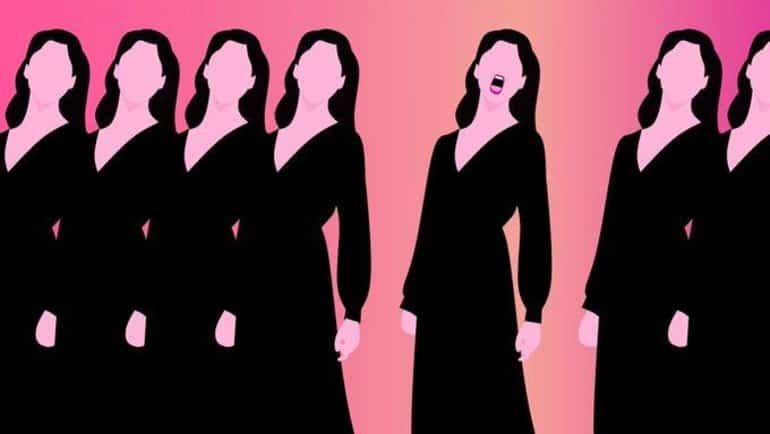Summary: Professional singers are surprisingly inaccurate when rating their own pitch accuracy. Most tend to overestimate their performance, especially if they are more accomplished musicians.
Source: Max Planck Institute
Anyone who likes to sing in the shower probably knows that they sometimes sing out of tune. But what about professional singers? How well do they evaluate their own abilities? And what role does this self-assessment play in becoming a better musician?
A research team from the Max Planck Institute for Empirical Aesthetics in Frankfurt, New York University, and the University of Hamburg has now investigated these questions scientifically in a study of professional singers.
The study participants, all female sopranos, were each recorded singing “Happy Birthday” in a studio. They were then asked to listen to all of the recordings and rate the pitch accuracy of both their own vocal performances and those of their colleagues. In Western culture, pitch accuracy–i.e., singing in tune–is associated with acoustic characteristics that can be quantified and thus serves as an objective measure of proficiency.
The research team derived a statistical model from the participants’ evaluations of others. Using this, they were able to determine how well a singer rated others as well as her own performance.

“The results show that the singers were surprisingly inaccurate in their self-assessment. Most overestimated their own performance,” says lead author Pauline Larrouy-Maestri of the Max Planck Institute for Empirical Aesthetics.
In addition, the researchers observed a correlation between singing competence and self-assessment ability: the better the singer (in terms of pitch-accuracy) the better they evaluated themselves. This outcome is surprising since experts in a certain domain usually tend to underestimate their abilities in this domain.
The study, the findings of which have just appeared in the Journal of Voice, thus not only underscores the fact that even professional singers do not necessarily evaluate their own vocal performance correctly. But it also suggests that self-evaluation itself may be a key factor in the development of exceptional musical skills.
About this auditory neuroscience and music research news
Source: Max Planck Institute
Contact: Pauline Larrouy-Maestri – Max Planck Institute
Image: The image is credited to MPI for Empirical Aesthetics
Original Research: Closed access.
“Are You Your Own Best Judge? On the Self-Evaluation of Singing” by Pauline Larrouy-Maestri et al. Journal of Voice
Abstract
Are You Your Own Best Judge? On the Self-Evaluation of Singing
Objective
Singers are the first judges of their own performances. Although performers usually share a precise definition of pitch accuracy, do they correctly estimate their own ability to sing in tune? This study examines the accuracy of professional singers’ self-evaluations and investigates the profiles of performers/judges.
Methods
Eighteen highly trained soprano singers were invited to evaluate the pitch accuracy of peers’ performances, selected from an existing corpus, and their own previously recorded performances in a pairwise comparison paradigm. The statistical model derived from the participants’ evaluation of their peers allowed us to estimate the pitch accuracy of participants’ own performances and served as a reference to quantify participants’ evaluation and self-evaluation abilities.
Results
The results show that participants were surprisingly inaccurate when evaluating themselves. Specifically, most participants overestimated the accuracy of their own performances. Also, we observed a relationship between singing proficiency and self-evaluation ability, as well as the presence of different profiles.
Conclusion
In addition to emphasizing that singers are not necessarily their own best judges, this study suggests potential role(s) for self-evaluation (in)accuracy in the development of exceptional skills.






